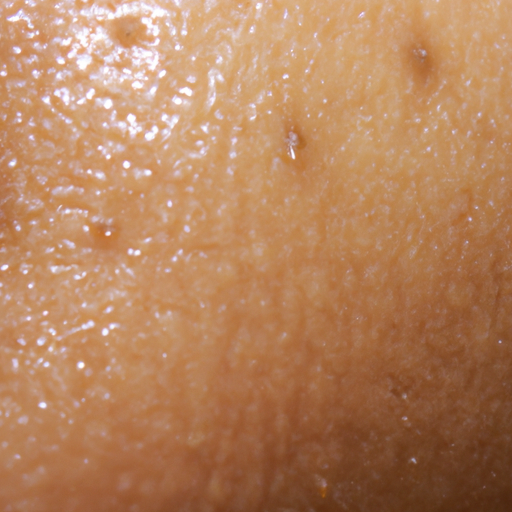Oily skin can be a challenge to manage. It often leads to issues like acne, blackheads, and shiny skin. However, with the right skincare regimen, it is possible to control oil production and maintain a healthy, radiant complexion. Here are six proven tips to combat oily skin.
1. Choose the Right Cleanser: The first step in controlling oily skin is choosing a suitable cleanser. Look for a product that is specifically designed for oily skin. These cleansers often contain ingredients like salicylic acid or benzoyl peroxide, which help to break down excess oil without stripping your skin of its natural moisture. Avoid using harsh soaps or detergents as they can over-dry your skin, causing it to produce even more oil.
2. Use a Toner: A toner can be a great addition to your skincare routine if you have oily skin. It helps to remove any residual oil or dirt left behind after cleansing. However, avoid toners with alcohol as they can dry out your skin and trigger more oil production. Instead, opt for a gentle, alcohol-free toner.
3. Moisturize Regularly: Many people with oily skin skip moisturizer thinking it will make their skin oilier. However, this is a misconception. When your skin is dehydrated, it compensates by producing more oil. Therefore, it’s essential to keep your skin hydrated with a lightweight, oil-free moisturizer.
4. Exfoliate Weekly: Exfoliation is crucial for oily skin as it helps remove dead skin cells that can clog pores and lead to increased oil production and breakouts. However, over-exfoliation can irritate your skin and stimulate oil production. Therefore, limit exfoliation to once or twice a week and always follow up with a moisturizer.
5. Use Oil-free Sunscreen: Sunscreen is a must for all skin types, including oily skin. However, many sunscreens can be greasy and contribute to oiliness. Look for sunscreens labeled ‘non-comedogenic’ or ‘oil-free.’ These products are designed not to clog pores and are less likely to make your skin feel oily.
6. Maintain a Healthy Diet: Your diet can significantly impact your skin. Foods high in sugars, fats, and oils can stimulate oil production in the skin. On the other hand, foods rich in antioxidants, such as fruits and vegetables, can help reduce oiliness. Additionally, staying hydrated by drinking plenty of water can also help keep your skin healthy and less oily.
In conclusion, managing oily skin requires a combination of the right skincare products and a healthy lifestyle. It’s important to remember that everyone’s skin is different, so what works for one person may not work for another. If you’re struggling with oily skin, consider consulting with a dermatologist or skincare expert who can provide personalized advice based on your specific skin type and needs. With the right care and attention, you can banish the shine and enjoy a healthy, radiant complexion.



